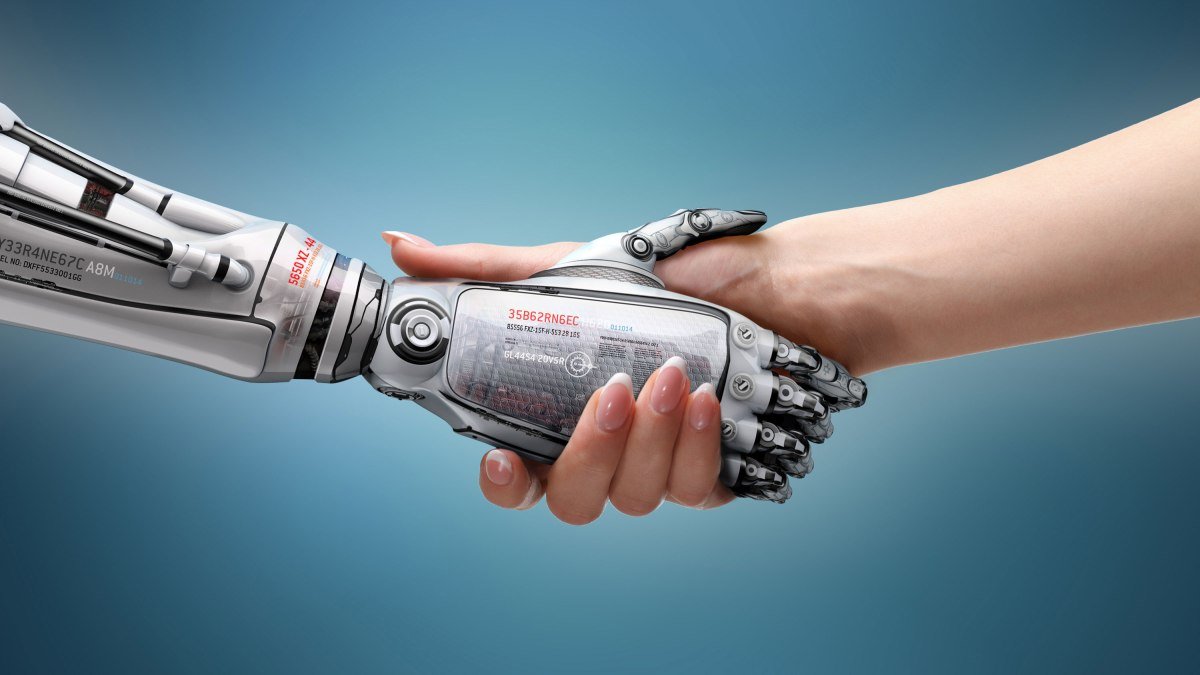The Future of Transatlantic Cooperation on AI: EU-US Partnership to Lead the Way
The European Union (EU) and the United States (US) will soon be announcing a groundbreaking collaboration on Artificial Intelligence (AI) at the EU-US Trade and Technology Council (TTC) meeting on Friday. This announcement comes from a senior Commission official, who spoke to journalists on background prior to the meeting.
The growing relationship between lawmakers from both sides of the Atlantic in tackling the challenges and opportunities of powerful AI technologies is a positive sign. However, the commercial landscape continues to be dominated by US tech giants like OpenAI, presenting a skewed picture.
The TTC was established after the Trump era as a forum for EU and US lawmakers to discuss trade and tech policies. This Friday’s meeting will be the sixth since the forum’s inception in 2021, and also the last before upcoming elections in both regions. With concerns of a potential return of the Trump presidency derailing future EU-US collaboration, legislators are highly motivated to maximize joint efforts now.
“During the TTC, we have been able to convey our policies and demonstrate to our American counterparts that we share the same objectives,” stated the Commission official. Adding, “Through the enactment of the EU AI Act and the Executive Order on AI, our aim is to mitigate the risks and support the adoption of AI technologies in our economies.”
On Friday, the EU and US are expected to announce their collaboration on the AI Office and the US AI Safety Institute. This alignment, which is said to focus on AI safety and oversight, will promote dialogue between the EU’s upcoming oversight body and its US counterpart to strengthen the implementation of regulatory powers on AI.
Another focus area for the partnership will be on standardization, where joint efforts will work towards establishing an “AI roadmap” to support developments in AI. The partnership will also include a third element—AI for public good, aimed at fostering research activities and implementing AI technologies in developing countries and the global south.
The EU also believes that AI can bring quantifiable benefits to developing regions, specifically in areas such as healthcare, agriculture, and energy. Hence, this will also be a key area of focus in the partnership for promoting AI adoption in the near future.
AI for aligned interests?
According to the EU official, AI is no longer viewed as a trade issue by the US. “Through the TTC, we have been able to explain our policies, and also to show to the Americans that, in fact, we have the same goals. Through the AI Act and through the Executive Order, our aim is to mitigate the risks of AI technologies while supporting their uptake in our economies.”
Earlier this week, the US and the UK signed a partnership agreement on AI safety. While the EU-US collaboration seems to be broader, covering shared safety and standardization goals, the joint support for “public good” research remains its highlight.
The Commmission official also revealed there are plans for additional areas of cooperation on evolving technologies. This includes joint standardization work in the area of electronic identity, where the EU has been working on a proposal for the past few years. The US has also expressed interest in the EU’s electronic identity wallet, citing potential new business opportunities.
There is also growing agreement between the EU and US on regulating platform power, another area where the EU has been targeting laws in recent years. “We see a lot of commonalities between EU laws like the Digital Markets Act (DMA) and the recent antitrust cases being launched in the United States,” stated the official. “These are all win-win opportunities.”
The US-UK AI memorandum of understanding, signed on Monday in Washington by US Commerce Secretary Gina Raimondo and UK Secretary of State for Technology Michelle Donelan, aims to speed up joint efforts on AI safety. This includes addressing national security concerns and broader societal AI issues.
The agreement also mentions a joint testing exercise on a publicly accessible AI model, according to the UK Department for Science, Innovation and Technology (DSIT). Additionally, there will be personnel exchanges between the two countries’ AI safety institutes to collaborate and share expertise.
The agreement also promotes information sharing on AI capabilities and risks and fundamental technical research on AI safety and security. This will help establish a common approach to AI safety testing and allow researchers from around the world to build on a shared scientific foundation, suggesting a bright future for cross-border collaboration in the field of AI.








